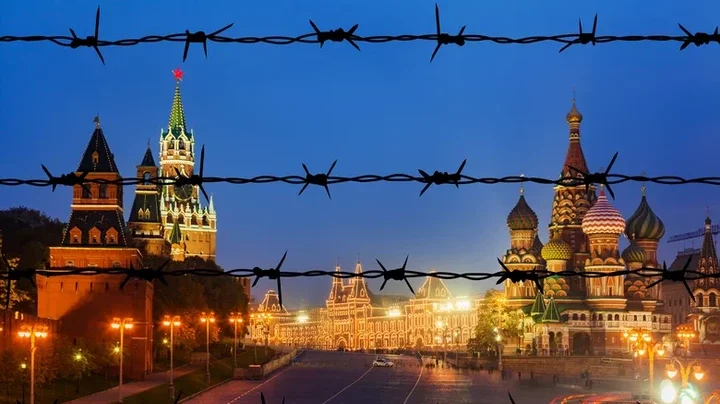
Russia and Ukraine have been at war since February 2022, a conflict that has turned into somewhat of a stalemate. As of mid-April 2025, Russia occupies around 20% of Ukrainian territory and frequently bombs Ukrainian cities. Ukraine has been conducting drone attacks on the Russians in retaliation. Beyond being a humanitarian crisis, the ongoing war has heavily impacted global aviation, as numerous global airlines now don't fly over Russia.
On December 25, 2024, Azerbaijan Airlines flight 8243 crashed near Aktau airport in Kazakhstan. While the plane made attempts to land at its intended destination of Grozny, it was later diverted back to its origin of Baku, just across the Caspian Sea from Aktau airport. As Grozny was under attack by Ukrainian drones during this time, there have been speculations that the Russian air defense might have been involved in the unfortunate incident that killed 38 passengers. Though the incident is under investigation, Azerbaijan's preliminary investigation shows presence of foreign objects in the fuselage. While the European Union Aviation Safety Agency (EASA) warned airlines against flying over Russia following this incident, numerous airlines had already been staying clear of Russian airspace since the beginning of the Russia-Ukraine war.
As a consequence of the war, Russia restricted most Western airlines from flying over its airspace. The restrictions have been hurting these carriers, as Russian airspace is an important part of Europe-to-Asia flight routes. The longer flight paths have led to a rise in aviation-related emissions, fuel costs, and travel times.
Russia's airspace restrictions are a response to the west
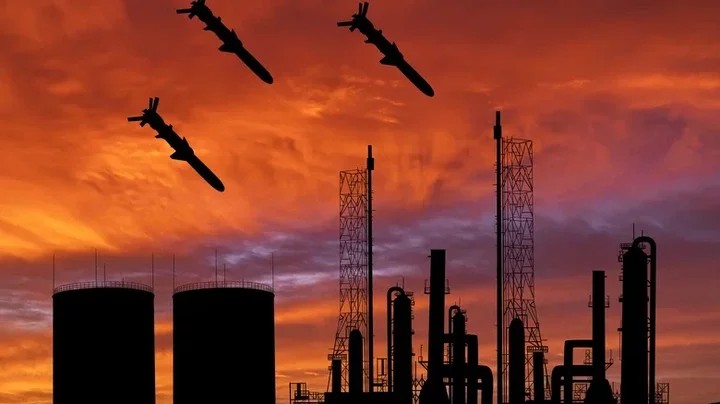
For most of the world, the past few decades have been free of large-scale wars. While long stretches without major conflicts might lure us into taking peace for granted, world peace depends on a delicate balance of different trade deals and diplomatic alliances. Sudden and abrupt decision-making from leaders around the globe can bring unintended consequences. One example is how the recent tariffs imposed by U.S. president Donald Trump have delayed Nintendo Switch 2 deliveries. That's far from the only impact of the tariffs - China in turn announced retaliatory tariffs, and U.S. stocks and the dollar each tanked in their respective markets.
This is a prime example of how brash politico-economic decisions can lead to chaos, and the current Russian airspace restrictions are yet another consequence of a sudden and unexpected move. Russia invaded its neighbor Ukraine on February 24, 2022, and the Russia-Ukraine war has involved advanced military tech. The invasion sparked reactions from nations worldwide, with NATO countries siding with Ukraine and the Chinese and North Koreans favoring Russia. The western world - including the European Union and the U.S. - imposed a variety of sanctions on Russia, including restricting Russian airlines from entering their airspace. As a response, Russia in turn barred those nations' airlines from Russian airspace.
The sanctions have troubled the western carriers
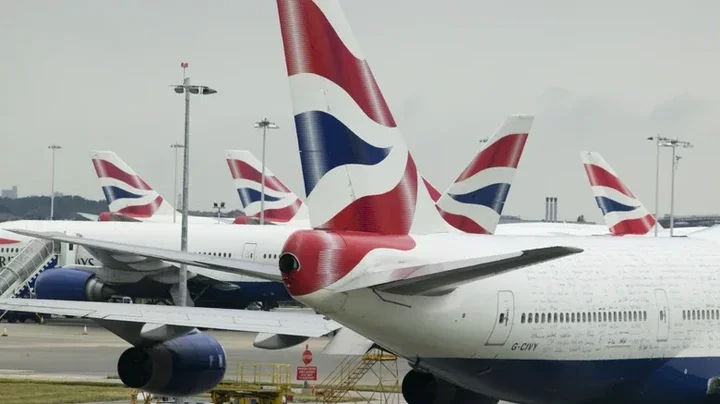
Currently, no North American, South American, Australian, or European Union airline flies over Russia because of the airspace restrictions. However, Turkish Airlines and Belavia of Belarus continue using Russian airspace. Middle Eastern and Asian airlines have been mostly unaffected by these sanctions, and Qatar Airways, Emirates, Air China, China Eastern, Air India, and others continue business as usual.
These restrictions have been hurting western airlines as they now have to travel longer routes, especially to and from Asian destinations like China, Singapore, and India. Chinese airlines have been a huge winner due to these sanctions, as they can now offer faster and comparatively cheaper flights. The direct Air China flight from Shanghai to London claims a travel time of 12 hours and 30 minutes, while the same flight on British Airways takes two hours longer. This is because the Air China flight takes a shorter path flying unrestricted over Russia, while the British Airways flight flies over Kazakhstan and Azerbaijan to avoid Russian airspace.

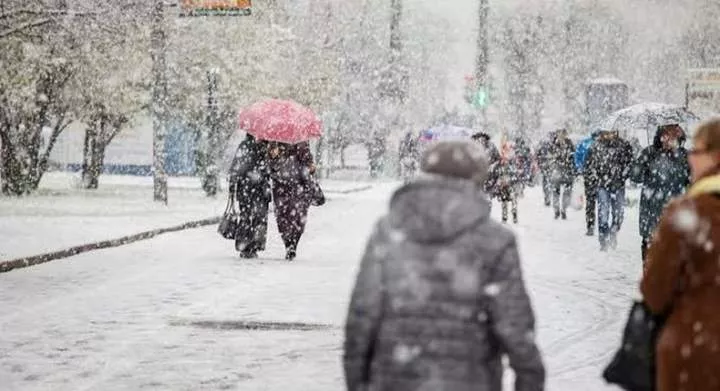
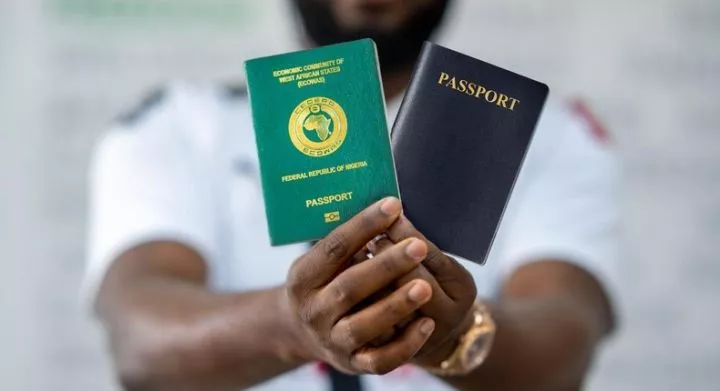

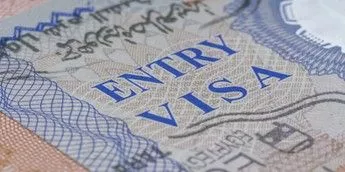
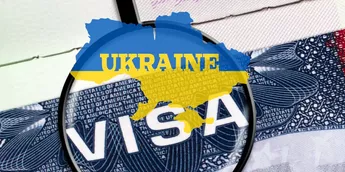
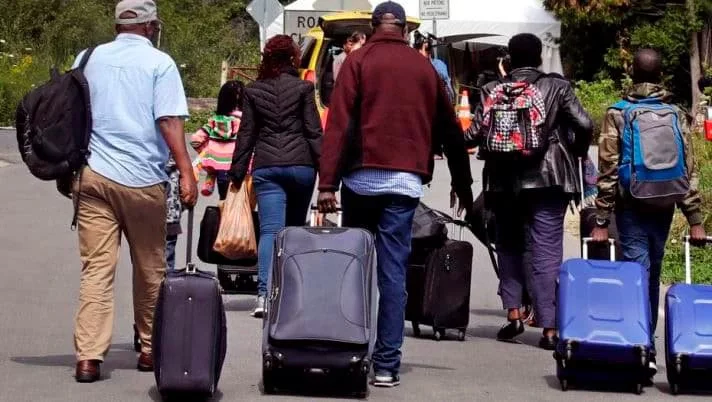









Comments